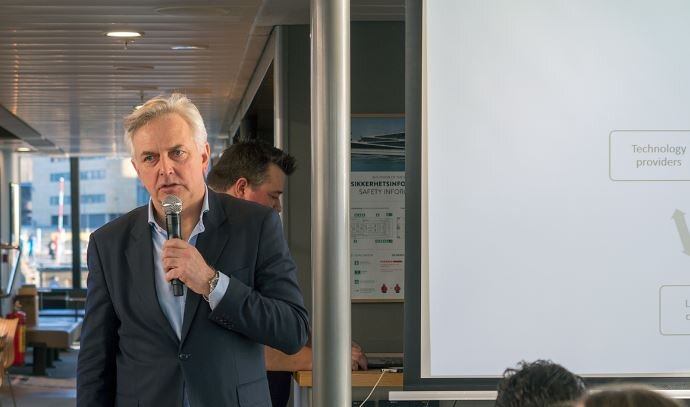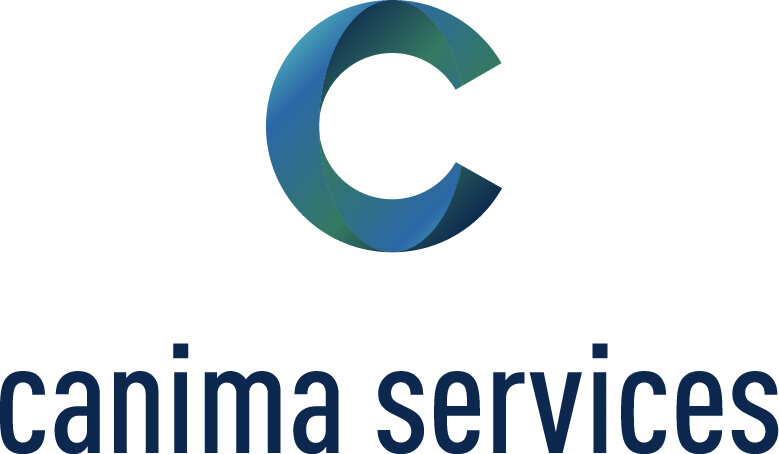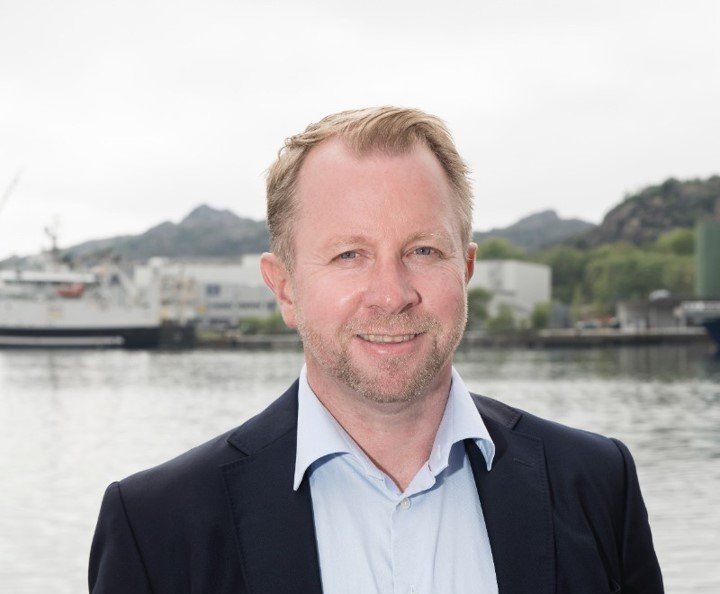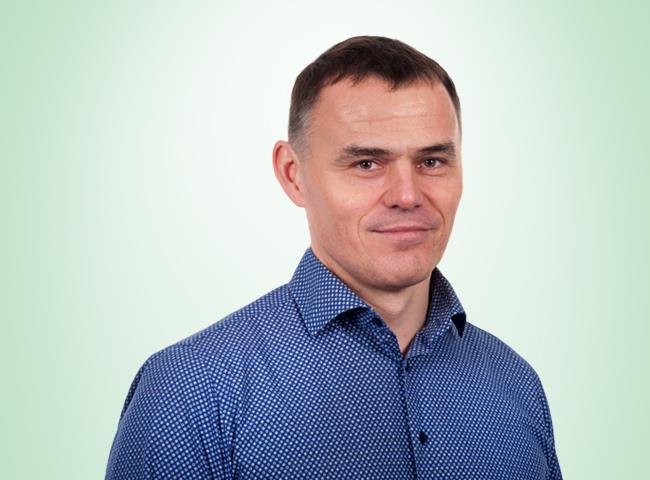Cluster Catch-up: Canima Services
“Norway has ample supply of renewable energy, as well as vast fossil resources that can be converted to blue Hydrogen with CCS. This is a fantastic position to be in"
Cluster Catch-up is OHC’s column where we ask our member companies 6 questions to catch a glimpse into their daily business-life.
This time we spoke to Jan Kjetil Paulsen, Senior advisor in Canima Services, a company working with clients in the shipping and maritime industries focusing on sustainability by new solutions.
He has previously worked many years in the marine fossil fuels industry, gradually turning his focus to environmental technology and use of sustainable energy sources. Jan Kjetil Paulsen has recent background as Senior Advisor in the Bellona Foundation, and currently holds a part-time position as lecturer and RDI-Expert at University of South-Eastern Norway
1) What is Canima’s primary focus right now?
Even if fossil fuels will still play an important role in the maritime sector, the green shift to sustainable and carbon neutral energy is well underway. After many years in the fuel & bunker business, with focus on making inexpensive fuel (heavy fuel) burn as efficiently as possible, my focus gradually changed to fuel efficiency (save cost), followed by the steady rising global imperative to replace fossil energy with renewable alternatives.
When working for NGO Bellona Foundation and the Maritime Branch of the Federation of Norwegian Industries, I learned that sustainable solutions also may become interesting business opportunities. Our ambitions in Canima are to be a technology-neutral motivator and advisor for companies or organizations who see the need to adapt but are not quite sure how to do it. One thing seems to be clear: There will no longer be such thing as “one fuel fits all”.
2) What do you see as the biggest challenges and opportunities for the maritime industry in the future?
The transition to carbon neutral energy is still very young and the picture of how this will develop is still very blurred. The most important questions /challenges seem to be these:
· Harmonized regulations
Shipping is global, and one of the challenges for those investing in new assets is to make sure that their vessels will be competitive, - or even be allowed to call the ports of their trade.
IMO regulating international shipping has one set of ambitions, while regional authorities (for example EU) may have others, sometimes followed by a different set of national regulations. Harmonized and predictable regulations globally may be a challenging political exercise but will still be required to achieve the goals, whether these are 50% or 100% reduction of greenhouse gas emissions.
· Infrastructure for energy supply
A range of different carbon neutral energy carriers will become available over the coming years. New infrastructure will be required for production and distribution, and the “best fuel” for a ship may not be available where it is needed.
Development of required infrastructure will be the most important factor for a successful transition. This has also been addressed by industry groups and researchers having estimated that 85-89% of the investments required to achieve carbon neutral shipping will be on land.
· Business models allowing the cost to be distributed to the end consumer
Ship operators do not sail their ships for fun, but to fill a demand. Is it then the operator of the ship or the consumer who is responsible for the emissions? Jan Kjetil Paulsen.
Achieving sustainable and carbon neutral transport will require increased investments. Even if the initial investments and energy costs must be carried by the vessel owners, this will eventually have to be carried over to us consumers. Are we willing to pay extra for our clothes, shoes, computers and cars to finance shore power, batteries, hydrogen, ammonia or whatever…?
Business models that distribute the extra cost “fairly” along the value chain must be implemented. Several models have been proposed, covering both global CO2-tax as well as local penalties and fees.
Again, a challenging industry-political exercise to find acceptable solutions, in addition to the need for an increasing consumer consciousness based on relevant and reliable facts.
· Technology
New fuels require new technology for production, distribution and power conversion. Even if it may pose challenges and engineering difficulties, all these seem to be doable. Most of the technology required is already known, and whatever technical challenges that remain (safety, reliability, efficiency, price…) for large scale roll-out, will be solved in due time.
Not least the Norwegian maritime industry is very forward leaning in this development, paired with similarly proactive ship operators willing to go the extra mile to implement the technology.
3) How can hydrogen be a part of the solution for the future?
Hydrogen will be the key element in almost all industry-scale energy carriers for maritime use. Either used directly as fuel, or via other chemical compounds like Ammonia, Methanol or even as synthetic diesel (eFuel) which all are produced from hydrogen. Both the lower energy density of Hydrogen, Ammonia and Methanol, as well as higher risk for fire, explosion and poisoning compared to diesel fuels, will have impact on both vessel design (tank capacity, safety) and location of fuelling infrastructure, - challenges that will be solved by engineering.
Norway has ample supply of renewable energy (hydroelectric, wind), as well as vast fossil resources that can be converted to blue Hydrogen (with CCS). This is a fantastic position to be in as producer of carbon neutral fuels based on Hydrogen. We only need to build the plants and the fuelling infrastructure to make it happen!
4) What is your primary focus when it comes to sustainability?
In order to be relevant, the focus on sustainability must consider a broad range of aspects, for example as defined in the UN Sustainable Development Goals, covering human aspects, health, decent work, human rights etc. in addition to climate and environment focus.
In addition, the business aspect (economic profit) must also be part of the equation. If environmental solutions don’t generate profit, the green will soon be washed out and fade.
The industry can go green only by black numbers!
5) Why did you decide on becoming a member of Ocean Hyway Cluster?
I have been following the work of Hub For Ocean and Ocean Hyway Cluster over the years, also participated on several of the events organized by the Cluster. In my opinion the Cluster is filling a very important role as facilitator and promoter of knowledge and know-how about this important topic. In lack of a clear strategy and action plan for infrastructure development from national authorities, the work of the Cluster is utterly important and relevant.
As a member of the cluster, I look forward to participating in this work and hopefully contribute my share to the transition to carbon neutral energy for the maritime industries.
5) Which cluster member should we interview next?
For the next Cluster Catch-up I would like to read more about Greenstat and their work.
Canima Services is a member of Ocean Hyway Cluster. Are you curious about a membership? More information here.
Questions?
Do you have questions or comments on this article? Feel free to get in touch.
Maria Brandsøy
Business Developer
Ocean Hyway Cluster
+47 90523543
Maria@hubforocean.no

























